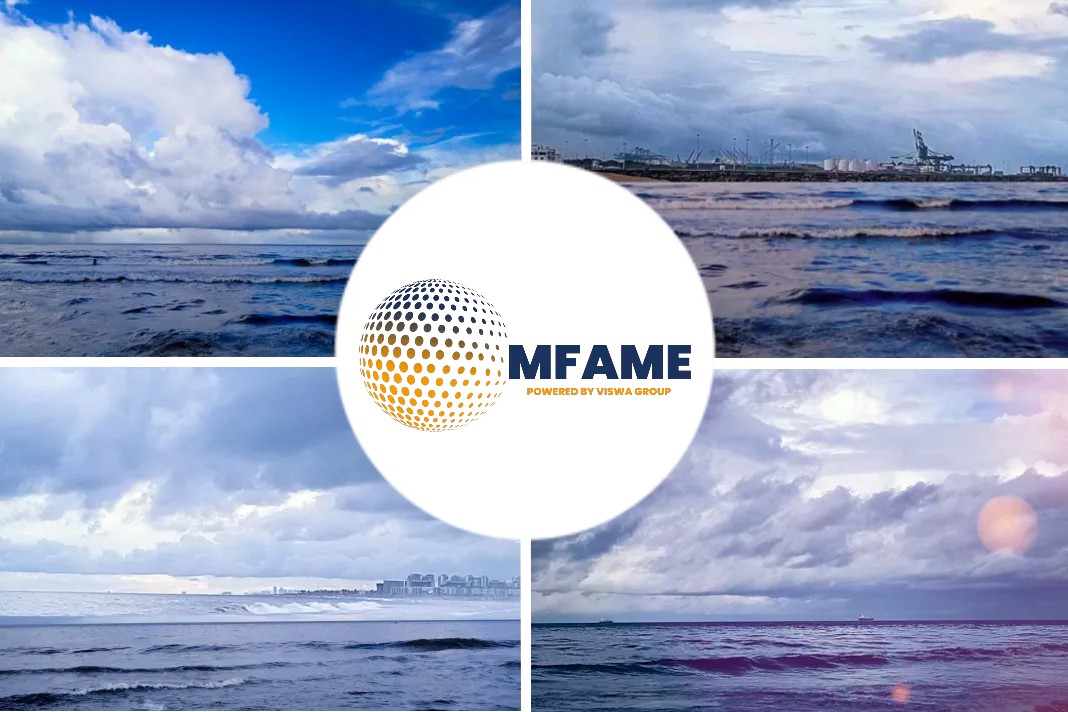- Research on potential impact of EEXI suggests that new measures could lead to 6.6% drop in vessel emission.
- The new study maps EEXI requirements and engine power limitation on to real-life operations.
New research exploring the potential impact of EEXI (The Energy Efficiency Index for Existing Ships) on the transportation capacity, total emissions and carbon intensity of the global bulker fleet has suggested that the new measure could lead to a 6.6% drop in vessel emissions, but only in certain circumstances, reports Smart Maritime Network.
About EEXI
Adopted by MARPOL in June 2021, EEXI measures and restricts CO2 emissions per transport work, purely considering the ship’s design parameters.
Conducted by maritime software provider NAPA, the new study maps EEXI requirements and engine power limitation on to real-life operations, given that limiting engine power is expected to be one of the most common means of complying with EEXI.
The analysis included detailed weather data and records of real routes and speed profiles cross-referenced with the NAPA ship model database, which includes vessel-specific performance models, with the aim of comparing how the emissions from historical voyages might have been impacted had operators followed EEXI requirements.
Speed reduction
The data shows that the engine power limitations required by vessels to comply with EEXI would only have come into effect at high-speed peaks, NAPA says. Therefore, for most of the year, if EEXI had been in effect, vessel operations would have remained largely similar. In addition, the speed reductions required by EEXI would have reduced the transportation capacity by an average of 2% for bulkers.
However, the impact on transportation capacity was strongly dependent on the year in which the vessel was built, ranging from under 2% for newer vessels and up to 6% for vessels built in 2012.
Reduction in carbon emission
The study also found that the implementation of EEXI would reduce CO2 emissions by an estimated 6.6% and carbon intensity by 4.6% on bulk carriers.
“While this is a good start, it shows the gap between what EEXI can achieve and how much more ground there is to make up. It shows why, at MEPC 77, to truly match the level of ambition that has come out of COP26, the IMO member states will need to prioritise efficiency,” said Teemu Manderbacka, Lead R&D Engineer at NAPA.
Did you subscribe to our daily Newsletter?
It’s Free! Click here to Subscribe
Source: Smart Maritime Network
















